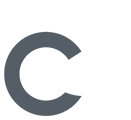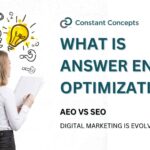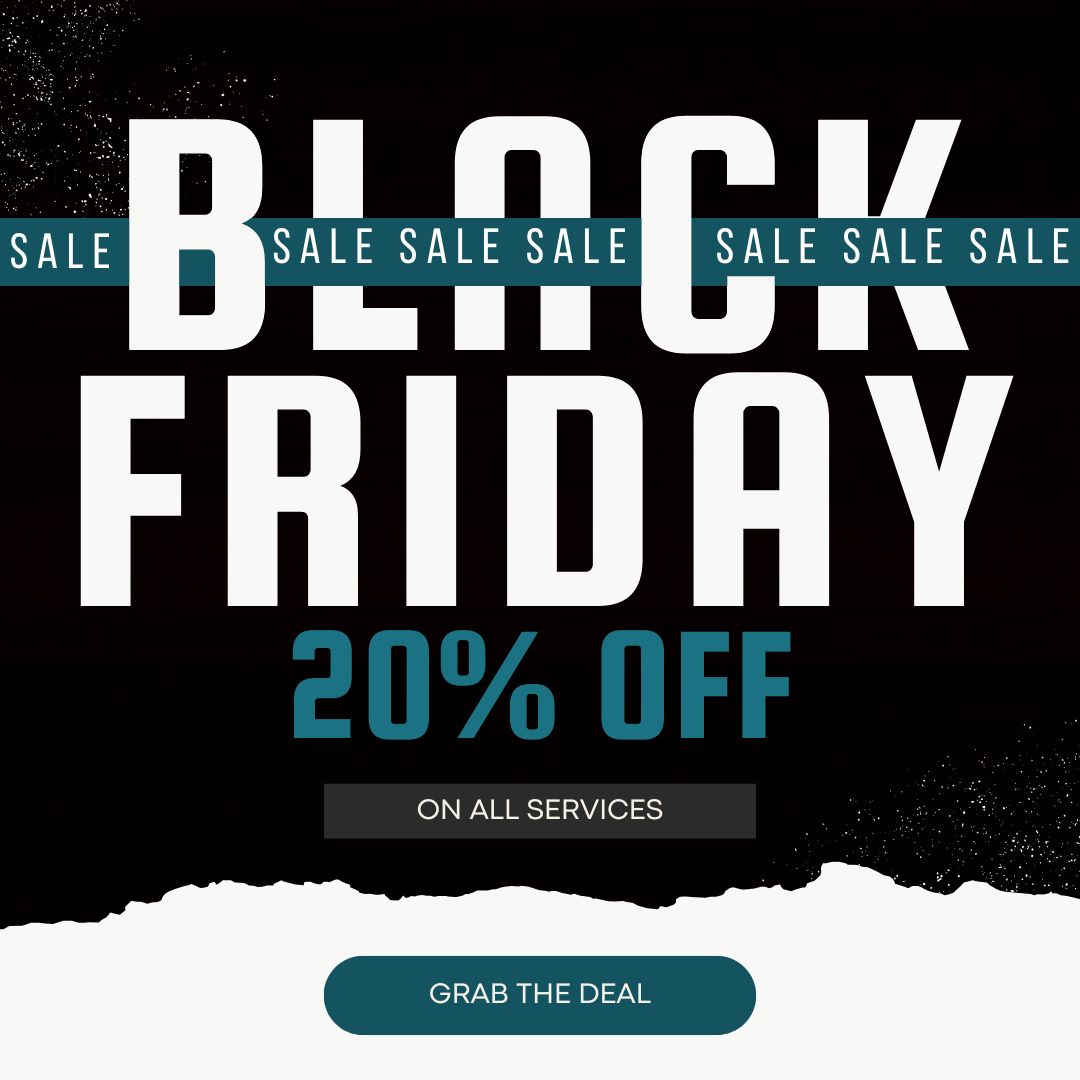Have you ever started to look into how to SEO your website only to be completely overwhelmed with the jargon and complicated-sounding terms that litters much of the literature on the topic?
We know how that feels, and we’ve been working in eCommerce for over a decade. That’s because like everyone else, SEOs (and the companies that sell their services) need to make money, and sometimes, they overcomplicate the language they use to make people think they need to hire an expert to get the job done right.
At Constant Concepts, we do encourage our clients to hire experts (ehem, us please!), but we also want to provide you with the tools you need to succeed, even If you don’t want to pay us to help you. That’s why we’ve created this key term’s index to define some of the jargon-y words and phrases you might encounter in your quest to SEO.
Key Terms Index
Anchor Text – Anchor text is text in your content that is highlighted and links to other web pages. These links are also sometimes called hyperlinks or permalinks. For instance: Check out our blog post for How to Write On-Page SEO.
Backlinks – Backlinks are incoming links to a webpage. Whenever one webpage links to another, it does so through a backlink. Search Engines rely on backlinks to determine the reliability of webpages. Those with more backlinks rank higher than those without.
GKP – Google Keyword Planner. This free Google tool helps SEO’s find related keywords and suggestions, plus the terms’ monthly search frequency.
Metadata – SEO metadata is what appears on the result pages of the search engine (SERP) when a website shows up for certain queries on the Search Engines.
Permalinks – Permalinks are the permanent web addresses of your blog posts, content pages, and product listings. They are the links that others will use to reference your page(s). Each page’s URL should be permanent and never change.
SEO – Search Engine Optimization. This means your pages and website are easy for search engines (like Google and Bing) to find.
- Off-Page SEO (aka “off-site SEO”) – the practice of taking action outside of one’s own website to increase your rankings (and business) on SERPs. It includes getting other reputable Internet businesses to link to your site and vouch for the quality of your content, products, and/or services.
- On-page SEO – the practice of optimizing individual web pages to rank higher and gain more relevant traffic in SERPs. It refers to both to a page’s content and HTML source code.
SERP – Search Engine Results Page – This is what comes up when you type a query into Google or whichever search engine you prefer.
Constant Concepts, a Scottsdale SEO company, is here to help you navigate the ever-evolving world of search engine optimization. With our data-driven strategies and expert guidance, we can unlock the power of SEO to propel your website to the top of search results and attract targeted website traffic that converts into qualified leads.
Ready to dominate search engines and achieve online success? Get Your Free SEO Consultation Today! We’ll help you create a customized SEO strategy that delivers measurable results.








